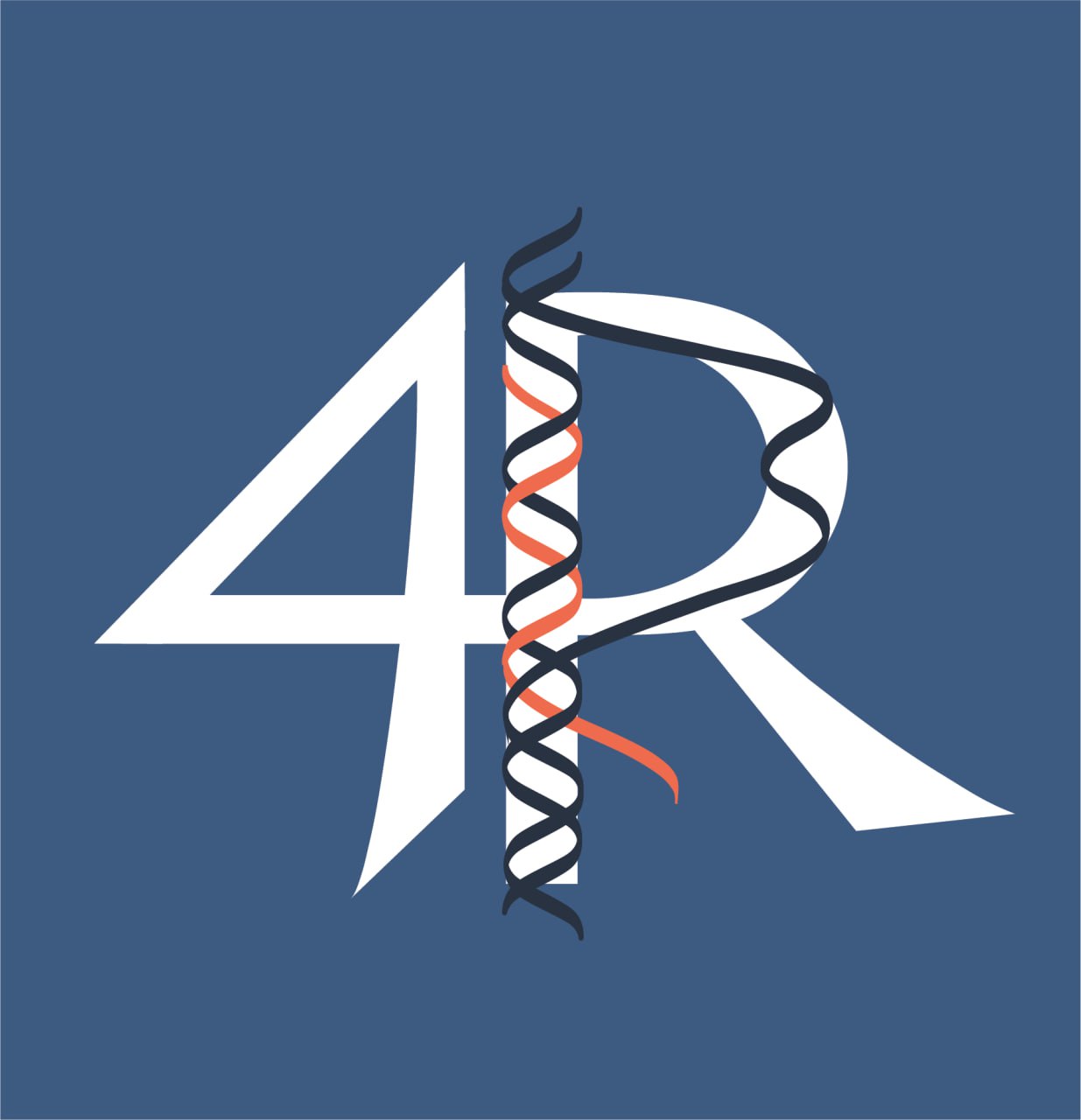Project 8. Establishing protocols for genome-wide R-loop mapping.
R-loops are genomic DNA-RNA hybrids that are assembled either co-transcriptionally or by local unwinding of DNA and hybridization of homologous RNA fragments. A subclass, regulatory R-loops, is involved in epigenetic gene regulation. We previously described the stress response protein Gadd45a as the first epigenetic reader of such regulatory R-loops, which recruits the TET demethylation machinery to modulate target gene activity. Identification of such loci will require robust and versatile technologies to map R-loops. A key method in our ongoing analysis is the genome-wide mapping of R-loops. One established method for R-loop mapping is DRIP-seq, which employs the hybrid-binding antibody S9.6 to pull down hybrids in fragmented genomic DNA. However, standard DRIP-seq is a laborious and not very reliable technique. Therefore, the aim of our project is to establish and optimize an improved R-loop mapping protocol, which would not only be useful for our Gadd45-related research but also for other members of this GRK consortium. We are therefore evaluating several approaches for genome-wide R-loop mapping. First, we combined the time-saving CUT&Tag technology with the S9.6 antibody for hybrid recognition. Preliminary NGS analyses do show expected promoter-associated R-loop peaks (Figure 1). We will now further optimize the signal-to-noise ratio.
Second, a published CUT&Tag protocol replaces the S9.6 antibody with the hybrid-binding domain (HBD) of RNase H. We have adapted this protocol and utilize a GST-His6-2×HBD as artificial DNA-RNA hybrid sensor to bind DNA-RNA hybrids. We have successfully produced this recombinant protein (not shown) and will evaluate and optimize its application for R-loop mapping. As a third alternative, we will evaluate the recently established sDRIP-seq that employs the S9.6 antibody but utilizes smaller DNA fragments, S1 nuclease digest, and a stranded sequencing protocol, providing information on whether the Watson or Crick DNA strand engages in hybrid formation. While Crick-hybrids are typically associated with sense-transcription and unscheduled potentially harmful R-loops, Watson-hybrids are associated with antisense RNAs that can in turn be involved in gene regulation. A preliminary trial of sDRIP-qPCR analysis yielded high signal/noise results of control R-loop loci (not shown), making this an attractive approach for R-loop mapping. Of note, it will be very useful to have various R-loop mapping approaches available to many projects, since different protocols may be better suited for different conditions/organisms. As a technology development project, this project will provide many options for collaborations in which R-loop mapping is of importance.
